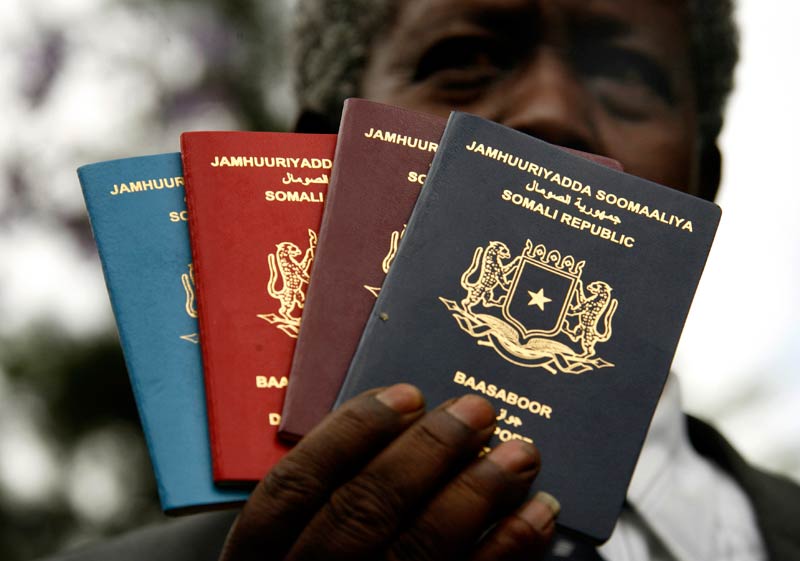
There has been a Somali presence in London for over a hundred years. The first Somalis to arrive in Britain were economic migrants. Merchant seamen settled in cities including Cardiff, Liverpool and London. There are records of British Somalis in London dating back to 1914 when they were recruited to fight in the First World War and then subsequently settled there. In the 1990s civil war in Somali forced another wave of migration to Britain. Today, Somalis are one of the most misunderstood groups in the United Kingdom, despite their numbers.
Yet they have become integral to the capital’s poetry, literature, culture, and art. Warsan Shire, a British Somali talent born in Kenya, was named London’s first Young Poet Laureate in October 2013. The title includes a residency at the Houses of Parliament.
Just as Somali culture and identity grows and flourishes in new places, likewise, the British Somali population in London has developed with unique characteristics and complexities.
The Somalis in London report, part of a wider research project, Somalis in European Cities, aims to understand the views of British Somalis on issues vital to public life. These include identity, education, and political participation among others. The research has revealed a range of opinions on these matters and demonstrated the vibrancy and resilience of Somalis in London. Throughout the research we encountered many inspirational British Somalis, working hard for their community – and beyond – in voluntary organizations, supplementary education, and sport and youth activities.
Two factors were particularly striking. One was a tenacious devotion to community, marked by ongoing civic involvement in a time of economic austerity and cuts to spending on services. The second factor was the number of women involved in community initiatives. Our research goes some way to debunking the myth that Somali women are passive and silent. Women often step up, encouraging their children in school, and are visible in their communities and beyond. To quote one member who contributed to our research:
[People] get really confused sometimes because when they see Somali women covering, they associate us with the Asian culture, and then they see Somali women are very loud and boisterous. Then they are like, “Oh, okay, I was wrong about that.” I think [people] are very confused by the Somali community in general, ’cos sometimes they think you’re forced into marriage, and they ask, “Do you get arranged marriages?” and I’m like, “What are you talking about? We don’t do that!
These misperceptions are partly due to Somalis’ historical invisibility in ethnic monitoring processes throughout the UK. British Somalis often fall between the gaps of African and Muslim categories. Although country of birth data provides some insight into the size of the British Somali community, exact figures are difficult to ascertain due to the fact that there was no specific categorization of “British Somali” as an ethnic group in the 2011 Census.
Most attempts to classify Somalis muddle their nationality/ethnicity and religion/culture. Labeling a Somali “Black African” will obscure differences between Somalis and neighboring African countries in terms of culture, language, diet, dress, and religious practices. Being labeled as Muslim in contrast, ignores how British Somalis do not share language, diet, or dress with Asian and Arab Muslims who pray alongside them. This broad approach to monitoring categories has often resulted in the British Somali community’s experiences being overlooked, and we hope that the findings of this report go some way to highlighting the importance of capturing such data.
Some organizations are devising ways to learn about Somali life and build relationships with British Somali communities. Tower Hamlets Homes (THH), set up the Somali Tenants Engagement Project in April 2011. This initiative – for which THH should be commended – identified British Somali residents and gathered information on their needs and circumstances. THH was able to capture the unique experiences of their Somali residents.
Soon, all of London will get a chance to learn more about British Somalis. Kayd Arts’ annual Somali Week Festival occurs throughout the city from October 17 to 26. This festival showcases traditional and contemporary Somali art and culture, with events including poetry, literature, panel discussions, documentary film screenings, and music and theatre. It hosts artists, academics, and activists from London, the rest of the UK, and abroad. This year’s theme is “Imagination.” Examples of British Somalis’ contributions to London will also be showcased.
